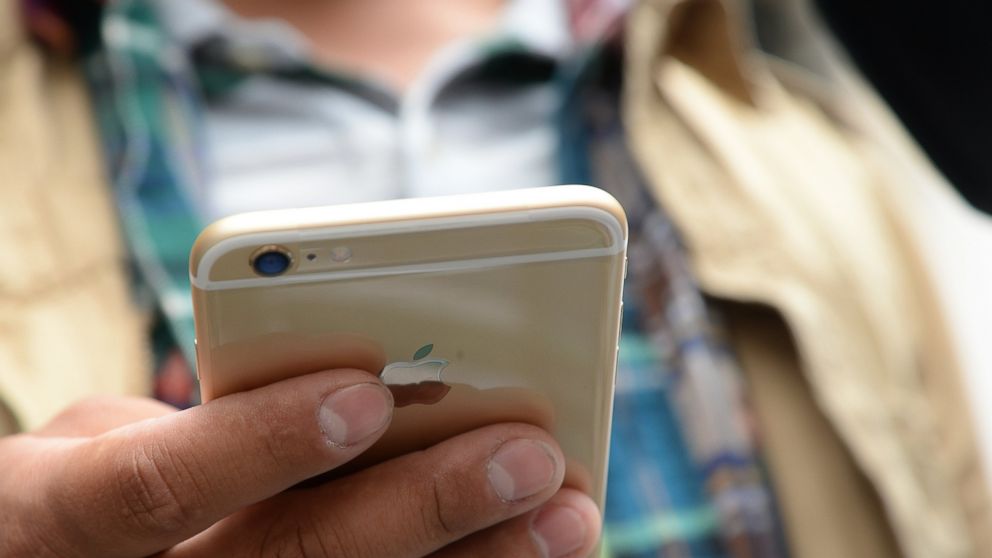How You Nomophobes Can Cope With iOS 8 Bugs in Apple iPhone
Apple's shiny new operating system has caused trouble for some iPhone devotees.

— -- The less-than-perfect rollout of Apple's iOS has caused plenty of headaches, but for some, especially nomophobes, it's a nightmare.
A slew of people have complained of glitches stemming from the iOS 8 update that have rendered some iPhones sluggish, sent apps crashing and caused problems with Apple's native keyboard, among other reported issues.
It didn't help Wednesday when the intended fix, iOS 8.0.1, caused some iPhone 6 and 6 Plus users to lose cellular service and Touch ID functionality, essentially turning their phones into iPods.
Apple Creates Workaround After iOS 8 Update Problems
Some Apple iOS 8 Users Report Problems
What to Do After You Buy an iPhone 6 or iPhone 6 Plus
If any of this leaves you nervous, or desperate, congratulations, you may have what psychologists call "nomophobia," meaning the fear of being without mobile contact.
The good news is you're not alone.
Nomophobia, short for "no mobile phone phobia," is more prevalent than ever, according to a 2012 Pew Research study.
The study found that 44 percent of smartphone users have slept with their devices to make sure they didn't miss any alerts during the night. About two-thirds of smartphone owners reported finding themselves falling prey to the feeling of phantom alerts, checking their devices even when they don't notice them ringing or vibrating.
In Apple’s case, rest assured. The company said it hopes to roll out an iOS 8.0.2 fix in the coming days. In the meantime, follow these steps to make sure a few iOS 8 bugs on your iPhone don't get you down.
iPhone 6 and iPhone 6 Plus Users
Users who lost cellular service or Touch ID functionality, basically making their phones bricks, can back up their devices to the latest version of iTunes and then downgrade to iOS 8 via iTunes. While iOS 8 may still have issues of its own for some users, it's better than having it not work at all, right?
Here's a how-to guide from Apple.
If All Else Fails
Take a deep breath.
Dr. Christine Miller, a psychiatrist affiliated with the Center for Internet and Technology Addiction, told ABC News that if someone is feeling particularly frustrated, it's a great time to take a step back and treat their iOS woes with a digital detox.
"This can be a time when you can practice being present, being alone," she told ABC News. "People have such a hard time these days being alone with themselves. This can be a moment for that, to sit alone and not feel like they’re connected, and knowing that is OK."
If you'd rather voice your frustration, however, there's always social media.
At the end of the day, remember: Soon enough, your beloved iPhone should be back in business.



